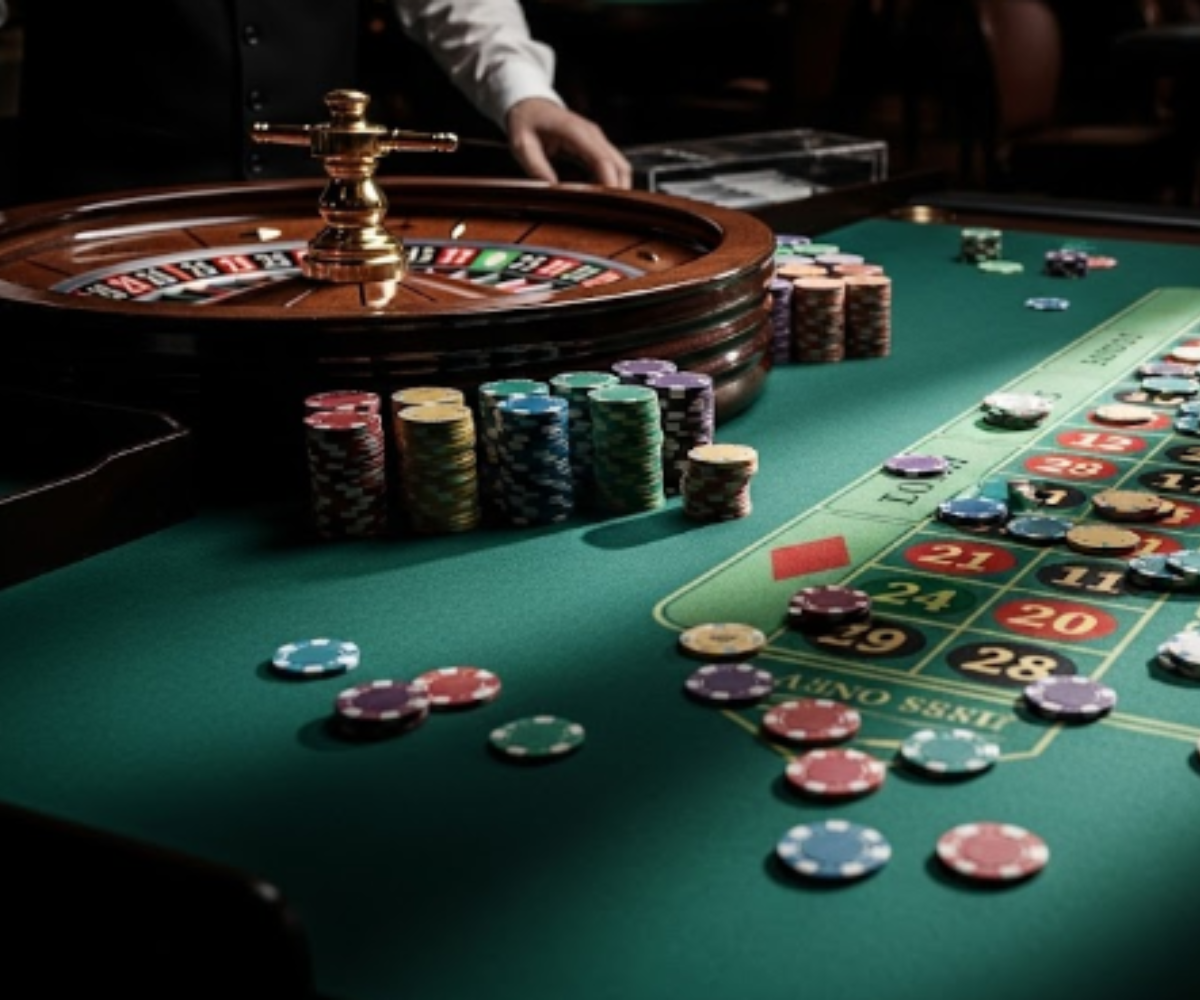Esports trading psychology tips
Engaging in esports trading can be an exhilarating yet stressful experience. The fast-paced nature of the industry, coupled with the potential for significant financial gains or losses, makes it crucial to maintain a strong psychological foundation. Here are key psychology tips to enhance your trading mindset and improve your overall performance in esports trading.
1. Develop a Trading Plan
A well-defined trading plan is essential for maintaining discipline and focus. Your plan should outline:
- Entry and Exit Strategies: Clearly define the conditions under which you will enter or exit trades.
- Risk Management: Determine how much of your bankroll you are willing to risk on each trade. This helps prevent emotional decisions based on fear or greed.
- Goals and Objectives: Set realistic profit targets and loss limits to keep your expectations grounded.
Having a structured plan allows you to make decisions based on logic rather than emotions, reducing the likelihood of impulsive trading.
2. Embrace Patience
Patience is a vital trait for successful traders. Avoid the temptation to trade frequently or chase losses after a setback. Instead, wait for the right opportunities that align with your trading strategy. This approach not only minimizes emotional trading but also enhances your ability to spot valuable setups over time.
3. Manage Your Emotions
Emotional control is crucial in trading. Recognize that both winning and losing are part of the game, and avoid letting emotions dictate your decisions. Techniques to manage emotions include:
- Mindfulness Practices: Engage in mindfulness exercises such as meditation or deep-breathing techniques to maintain calmness during trades.
- Self-Talk: Use positive self-talk to reinforce confidence and reduce anxiety. Remind yourself that losses are a natural part of trading and do not define your abilities.
Read: How to research esports teams and players
4. Keep a Trading Journal
Documenting your trades is an effective way to reflect on your performance and decision-making processes. A trading journal should include:
- Trade Details: Record entry and exit points, along with the rationale behind each trade.
- Emotional State: Note how you felt during each trade to identify patterns in your emotional responses.
- Lessons Learned: Reflect on what worked well and what didn’t, allowing for continuous improvement.
Reviewing your journal regularly can help you recognize emotional triggers and refine your trading strategy accordingly.
5. Accept Losses as Part of the Process
Understanding that losses are an inherent part of trading can alleviate stress and anxiety. Instead of dwelling on losses, focus on learning from them. Analyze what went wrong and how you can adjust your strategy moving forward. This mindset shift fosters resilience and encourages long-term growth.
6. Limit Information Overload
In the age of information, it’s easy to become overwhelmed by conflicting advice from various sources. To maintain clarity:
- Choose Reliable Sources: Follow trusted analysts or platforms that align with your trading philosophy.
- Filter Out Noise: Avoid excessive information that may lead to confusion or indecision.
By narrowing your focus, you can make more informed decisions without succumbing to external pressures.
7. Take Breaks When Needed
Trading can be mentally taxing, so it’s essential to step away periodically. Taking breaks helps clear your mind, reduces stress, and prevents burnout. Whether it’s a short pause during trading sessions or longer breaks between events, allow yourself time to recharge.
8. Maintain a Long-Term Perspective
Successful esports trading requires a long-term outlook rather than a focus on immediate gains. Understand that market fluctuations are normal, and consistent success comes from adhering to your strategy over time. Cultivating patience and discipline will ultimately lead to better outcomes.
In esports trading, psychology plays a pivotal role in determining success or failure. By developing a structured trading plan, managing emotions, keeping a journal, accepting losses, limiting information overload, taking breaks, and maintaining a long-term perspective, traders can cultivate a resilient mindset that enhances performance. These psychological strategies not only improve decision-making but also contribute to a more enjoyable trading experience in the dynamic world of esports.







%20(1200%20%C3%97%20232%20px)%20(9).png)











